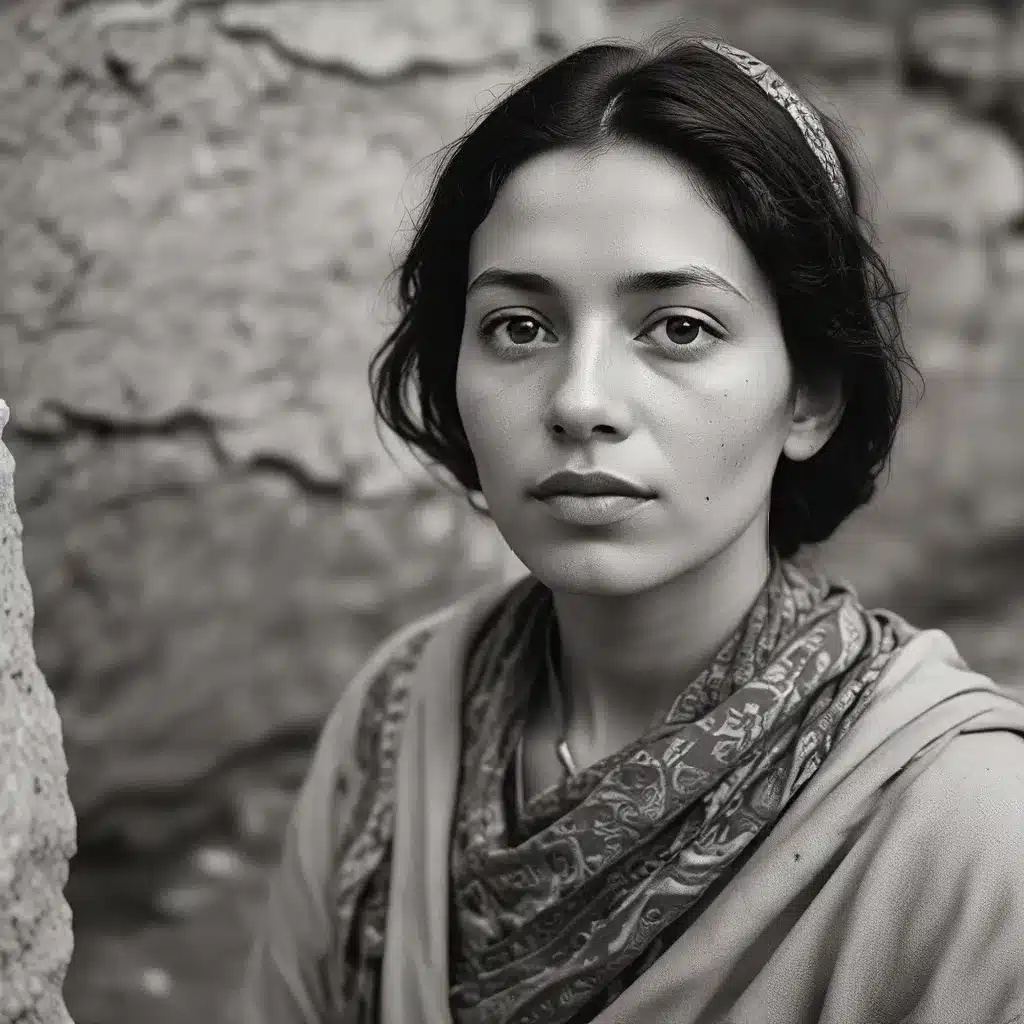
Unearthing the Untold Stories of Ancient Civilizations
In the vast tapestry of human history, there lie countless narratives that have been silenced, their threads obscured by the passing of time and the dominance of certain historical accounts. Yet, through the tireless efforts of archaeologists, anthropologists, and researchers, these forgotten histories are slowly being uncovered, shedding light on the rich diversity and cultural complexity of our shared past.
One such endeavor is the exploration of the Dozier School for Boys, a notorious reformatory in Florida that operated for over a century, leaving behind a haunting legacy of abuse, neglect, and the untimely deaths of its young wards. The discovery of this dark chapter in American history, and the subsequent efforts to unearth the remains of those who perished there, has inspired a new generation of storytellers to reclaim these silenced narratives and give voice to the forgotten individuals whose lives were tragically cut short.
Excavating the Past: Uncovering the Dozier School Tragedy
The Dozier School for Boys, located in Marianna, Florida, opened its doors in 1900 as a reformatory institution meant to rehabilitate and educate troubled youth. However, over the decades, the school gained a sinister reputation, with former inmates and their families reporting horrific acts of physical, emotional, and sexual abuse perpetrated by the staff.
In 2010, the University of South Florida launched an investigation into the Dozier School, led by forensic anthropologist Erin Kimmerle. The team’s excavations at the school’s cemetery, known as “Boot Hill,” uncovered the remains of dozens of young boys, many of whom had been buried in unmarked graves. The discoveries shed light on the tragic fate that had befallen these children, who had been sent to the school in the hopes of a better future but instead met with unimaginable cruelty and premature death.
Reclaiming Forgotten Histories
The Dozier School tragedy is not an isolated incident, but rather a grim reflection of the broader societal failures and systemic oppression that have long plagued the United States. The stories of the children who perished at the school, and the lasting impact on their families and communities, illustrate the urgent need to uncover and amplify the voices of those who have been silenced throughout history.
The Lost Kingdoms is committed to exploring these forgotten narratives, shedding light on the rich cultural tapestry that has long been obscured by dominant historical accounts. Through in-depth investigations, expert analysis, and engaging storytelling, we aim to honor the memories of those who have been lost, while inspiring a deeper understanding of the complex and often troubling realities that have shaped our shared past.
Embracing Diverse Perspectives: The Power of Multivocal Histories
The Dozier School tragedy is not the only example of a silenced narrative waiting to be uncovered. Across the globe, archaeologists and researchers are unearthing the stories of ancient civilizations and marginalized communities whose histories have been systematically erased or overlooked by mainstream historical accounts.
Piecing Together the Puzzle of the Past
From the hidden histories of indigenous peoples in the Americas to the forgotten legacies of ancient African kingdoms, the excavation of physical artifacts and the preservation of oral traditions are crucial in reconstructing the full tapestry of human civilization. By embracing a multivocal approach to history, we can challenge the dominant narratives and amplify the voices of those who have been long silenced.
Uncovering the Significance of Archaeological Discoveries
Recent archaeological discoveries have shed new light on the cultural complexity and technological advancements of ancient civilizations. For example, the unearthing of the remains of the Neanderthal, a close relative of modern humans, has challenged our understanding of human evolution and forced us to reconsider the cognitive abilities and social structures of our evolutionary predecessors.
Similarly, the excavation of ancient sites in the Middle East and North Africa has revealed the sophisticated architectural and engineering feats of long-forgotten cultures, such as the impressive hydraulic systems and monumental structures of the Nabataean civilization in modern-day Jordan.
Honoring the Past, Shaping the Future
As we continue to uncover the silenced narratives of the past, it is crucial that we approach these discoveries with sensitivity, empathy, and a deep respect for the experiences and legacies of those who have been marginalized or oppressed throughout history.
The Importance of Inclusive Storytelling
By amplifying the voices of diverse perspectives and centering the experiences of underrepresented communities, we can challenge the dominant historical narratives and foster a more nuanced understanding of our shared past. This inclusive approach to storytelling not only honors the memory of those who have been lost, but also inspires a deeper sense of connection and empathy within our global community**.
Towards a Future of Collaboration and Understanding
As we continue to excavate the forgotten histories and silenced narratives of the past, we must remain vigilant in our commitment to preserving and celebrating the rich diversity of human civilization. By fostering collaboration between scholars, indigenous communities, and the general public, we can collectively work to uncover the true complexities of our shared history, and shape a future that embraces the full breadth of human experience and achievement.
Lina Soualem’s documentary “Bye Bye Tiberias” and Tananarive Due’s exploration of the Dozier School tragedy are powerful examples of how storytelling can be used to reclaim and honor the silenced narratives of the past. By weaving together personal accounts, historical records, and imaginative recreations, these artists and writers have illuminated the profound impact of displacement, loss, and oppression, while inspiring a renewed commitment to uncovering the full breadth of human experience.
As we continue to explore the ancient world and uncover its many mysteries, let us approach this endeavor with a deep sense of responsibility and reverence – not only for the artifacts and archaeological sites that hold the keys to our shared past, but also for the lived experiences and untold stories of the countless individuals who have shaped the tapestry of human civilization.


